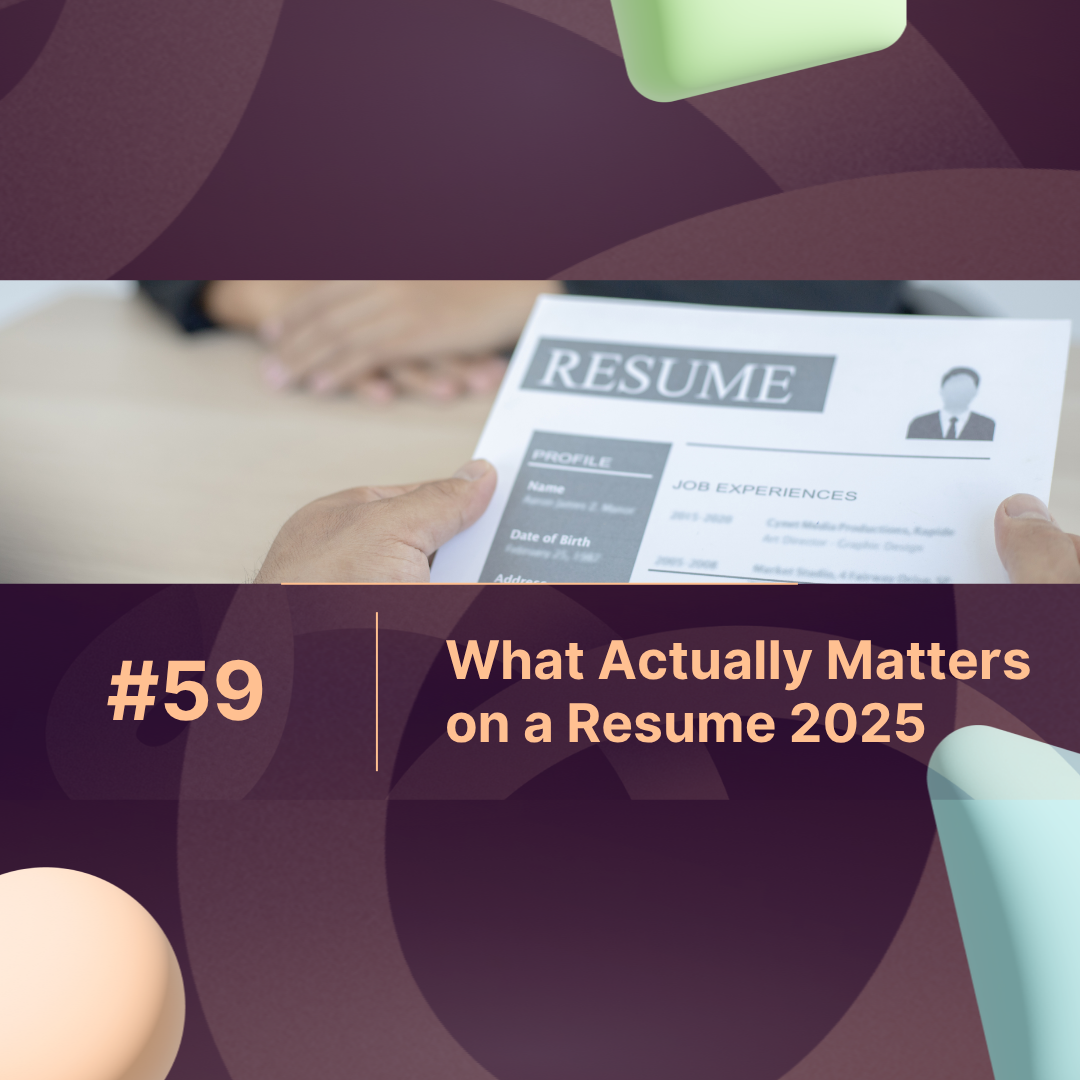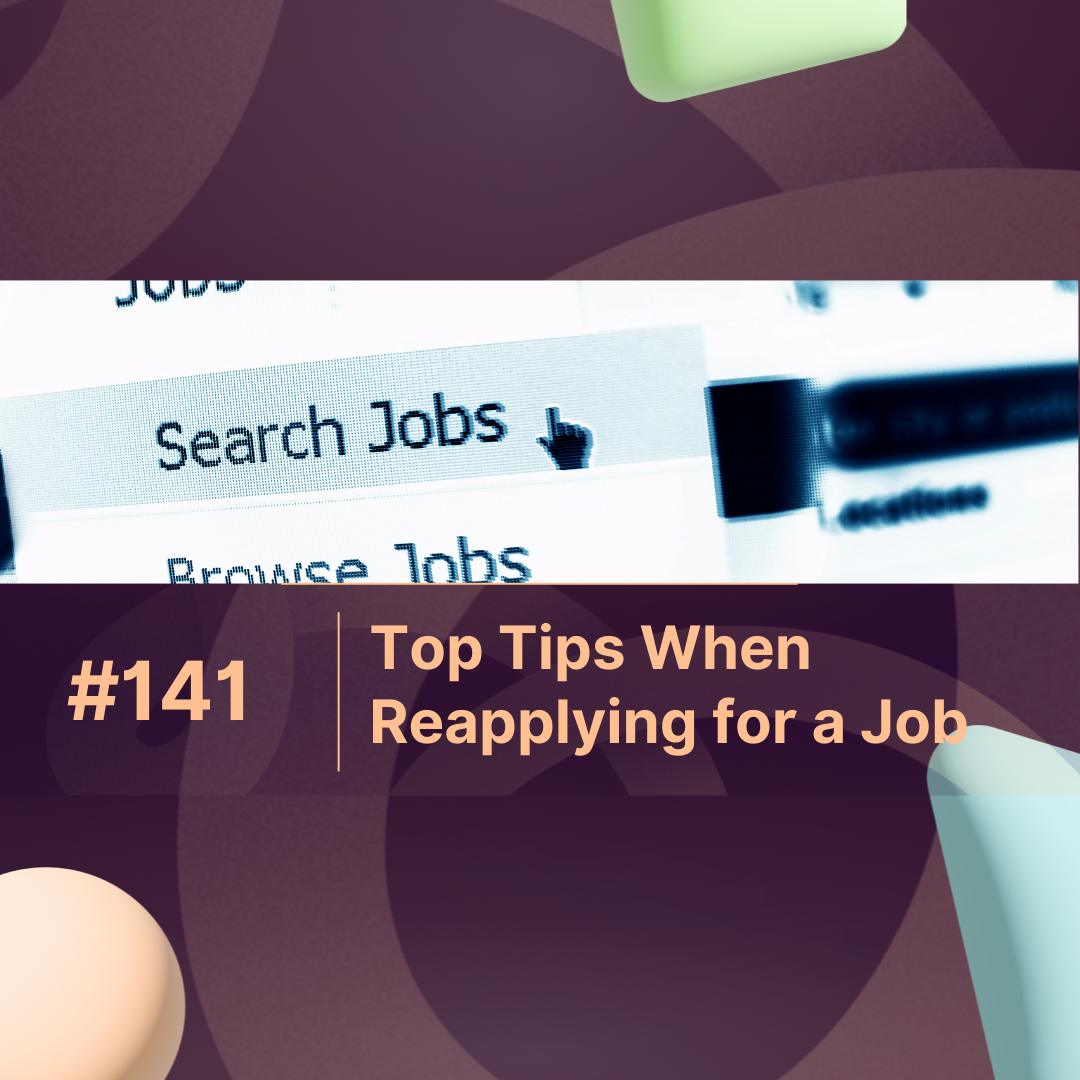Overview
With recruiters relying more on AI-powered tools than ever before, the rules of resume writing are evolving fast. If you’re wondering what actually matters on a resume in 2025, the short answer is: clarity, relevance, and results. Design and fluff? Less so.
This guide breaks down exactly what recruiters and applicant tracking systems (ATS) care about today—and what you can stop wasting time on.
What Actually Matters on a Resume? (Direct Answer)
In 2025, what actually matters on a resume is your ability to communicate value clearly through metrics, keywords, and results. Hiring teams and AI filters prioritize:
-
Relevant experience and measurable achievements
-
Role-specific keywords and skill sets
-
A clean, scannable structure (especially for ATS)
-
Career progression and impact, not just job titles
Modern tools like MaxProfile help job seekers align resumes with real-time job data—automatically highlighting what employers value most.
Why the Resume Game Changed
Recruiters now spend just 6–8 seconds skimming a resume before deciding to keep reading. Meanwhile, over 90% of Fortune 500 companies use ATS, meaning your resume needs to be optimized for both humans and algorithms.
AI systems prioritize structure, keywords, and context. That means clever formatting tricks, colorful designs, or “creative” summaries can often backfire.
Resume Elements That Matter vs. What Doesn’t
Here’s a breakdown of what actually matters on a resume in 2025—and what doesn’t move the needle anymore.
| Matters Most | Matters Less / Outdated |
|---|---|
| Quantified achievements | Generic job duties |
| Role-specific skills & keywords | Overused soft skills (e.g., “team player”) |
| Relevant work experience | High school details (if you’re a pro) |
| Clean layout, easy to scan | Fancy templates or photos |
| Results (metrics, outcomes) | Long summaries or personal statements |
| Customization for each job | One-size-fits-all resumes |
Resume Optimization Tips for 2025
1. Lead with Results
Instead of listing responsibilities, focus on what you achieved. Example:
❌ Managed social media accounts
✅ Increased Instagram engagement by 42% in 6 months
2. Use Role-Specific Keywords
Scan job descriptions and match your resume language. Tools like MaxProfile can surface real-time keyword insights for the roles you’re applying to.
3. Keep Formatting ATS-Friendly
Use .docx or PDF formats. Stick to basic fonts, no columns or graphics, and clear section headings.
4. Prioritize Skills That Align with 2025 Trends
Think: AI literacy, cross-functional collaboration, remote tools (e.g., Slack, Asana), and data fluency.
5. Trim the Fluff
Recruiters don’t need hobbies unless they’re relevant. Remove outdated experiences or skills that don’t align with your current goals.
Data Snapshot: Resume Must-Haves in 2025
| Resume Element | Recruiter Priority (1–5) | ATS Sensitivity |
|---|---|---|
| Relevant experience | 5 | High |
| Skills & keywords | 5 | Very High |
| Education | 3 | Medium |
| Design/Visuals | 1 | Low (may hurt ATS) |
| Metrics/Outcomes | 5 | High |
| Personal Statement | 2 | Low |
Final Thought: Resumes Are Now Strategy Documents
A 2025-ready resume isn’t just a list of past jobs—it’s a marketing asset that shows exactly why you’re the right hire. Focus on what actually matters: relevance, metrics, and structure. Drop the fluff, ditch the design distractions, and let your results speak.
Platforms like MaxProfile make it easier to align your resume with what recruiters want—especially if you’re applying to tech-forward companies.
FAQs
Q1: What is the most important part of a resume in 2025?
Your recent, relevant experience—written with metrics and keywords aligned to the job description.
Q2: Should I still use a summary or objective section?
Only if it’s tailored. Generic summaries are ignored. Use 1–2 lines to emphasize your unique value.
Q3: Do visual resume templates hurt my chances?
Yes. Many ATS struggle with columns, icons, or images. Stick with clean, minimal layouts.
Q4: How do I know what keywords to include?
Use job descriptions or keyword optimization tools like MaxProfile to find and integrate role-specific terms.
Q5: How long should a resume be in 2025?
1 page for early careers, 2 pages max for experienced professionals. Focus on what’s relevant, not exhaustive.



